
- August 25, 2023
- Dennis Frank
- 6
Table of Contents
Applications of Artificial Intelligence in Cryptocurrency. The world of cryptocurrency is constantly evolving, and one of the driving forces behind its development is artificial intelligence (AI). AI has the potential to revolutionize the way we understand and interact with cryptocurrencies, creating new opportunities and challenges along the way. In this article, we will explore the various applications of AI in the cryptocurrency space, from its fundamental concepts to its impact on security and ethics.
Understanding the Basics of Artificial Intelligence and Cryptocurrency
Before delving into the applications of AI in cryptocurrency, it is important to have a solid understanding of the two fields individually.
Artificial Intelligence (AI) refers to the simulation of human intelligence in machines that are programmed to think and learn like humans. It encompasses a range of technologies, including machine learning, natural language processing, and computer vision.
AI has come a long way since its inception. The concept of Applications of Artificial Intelligence in Cryptocurrency can be traced back to ancient times, when myths and legends often depicted artificial beings with human-like intelligence. However, it wasn’t until the 20th century that AI started to become a reality.
In the 1950s, the field of AI began to take shape with the development of the first electronic computers. Scientists and researchers started exploring the possibilities of creating machines that could mimic human intelligence. The term “artificial intelligence” was coined in 1956 during a conference at Dartmouth College.
Over the years, AI has made significant advancements. In the 1990s, machine learning algorithms gained popularity, allowing computers to learn from data and improve their performance over time. This paved the way for the development of intelligent systems that could analyze large amounts of information and make predictions.
Today, AI is used in various industries and applications. From virtual assistants like Siri and Alexa to self-driving cars and recommendation systems, AI has become an integral part of our daily lives.
Defining Artificial Intelligence
Artificial Intelligence refers to the simulation of human intelligence in machines that are programmed to think and learn like humans. It encompasses a range of technologies, including machine learning, natural language processing, and computer vision.
Machine learning is a subset of AI that focuses on the development of algorithms that allow computers to learn from and make predictions or decisions based on data. This branch of AI has revolutionized various fields, including finance, healthcare, and marketing.
Natural language processing (NLP) is another important aspect of AI. It involves the interaction between computers and human language, enabling machines to understand, interpret, and respond to human speech or text. NLP has paved the way for advancements in virtual assistants, chatbots, and language translation systems.
Computer vision is yet another field within Applications of Artificial Intelligence in Cryptocurrency that deals with the interpretation of visual information by machines. It enables computers to analyze and understand images or videos, allowing for applications such as facial recognition, object detection, and autonomous vehicles. I’ve provided an article that delves into the Applications of Artificial Intelligence in Cryptocurrency
The Evolution of Cryptocurrency
Cryptocurrency, on the other hand, is a digital or virtual form of currency that utilizes cryptography for secure financial transactions. Bitcoin, the first and most popular cryptocurrency, was introduced in 2009 and has since paved the way for the emergence of numerous other cryptocurrencies.
The concept of cryptocurrency can be traced back to the late 20th century, where various attempts were made to create digital currencies. However, it was not until the introduction of Bitcoin by an anonymous person or group known as Satoshi Nakamoto that cryptocurrency gained mainstream attention.
Bitcoin was designed to be a decentralized form of currency, meaning that it operates without the need for a central authority, such as a government or financial institution. Instead, transactions are verified by a network of computers, known as miners, who use powerful computers to solve complex mathematical problems.
Since the introduction of Bitcoin, the cryptocurrency market has experienced significant growth. Numerous other cryptocurrencies, often referred to as altcoins, have been created, each with its own unique features and use cases. Examples include Ethereum, Ripple, Litecoin, and many more.
Cryptocurrencies have gained popularity due to their potential for secure and anonymous transactions, lower transaction fees compared to traditional banking systems, and the ability to bypass intermediaries. However, they have also faced challenges such as regulatory concerns, price volatility, and security issues.
Despite these challenges, the intersection of Applications of Artificial Intelligence in Cryptocurrency holds great promise. AI technologies can be used to analyze vast amounts of data, identify patterns, and make predictions, which can be valuable in the cryptocurrency market for trading, risk assessment, and fraud detection.
As the fields of AI and cryptocurrency continue to evolve, it is important to stay informed about the latest developments and understand the potential impact they can have on various industries and society as a whole.

The Intersection of AI and Cryptocurrency
The intersection of AI and cryptocurrency brings about a myriad of possibilities and opportunities. Let’s explore a couple of key areas where AI is making a significant impact.
How AI is Changing the Cryptocurrency Landscape
AI technologies are powering automated trading systems that are capable of analyzing vast amounts of data, identifying patterns, and making decisions based on predefined algorithms. This allows for more efficient and accurate trading strategies, increasing the potential for profit in the cryptocurrency market.
In addition, AI-powered chatbots are becoming increasingly prevalent in the cryptocurrency space. These chatbots use natural language processing to answer customer queries, provide market insights, and even execute trades on behalf of users.
The Role of AI in Cryptocurrency Trading
AI algorithms can analyze market trends, historical data, and relevant news to make predictions about cryptocurrency price movements. This predictive analysis can assist traders in making informed decisions and maximizing their returns.
Furthermore, AI techniques such as machine learning enable trading systems to adapt and improve over time, continually refining their strategies based on real-time market data.
AI Techniques in Cryptocurrency Analysis
Apart from trading, AI techniques can be applied to various aspects of cryptocurrency analysis, providing valuable insights into the market.
Predictive Analysis and Machine Learning
Machine learning algorithms can analyze historical data to predict future cryptocurrency prices with a certain degree of accuracy. This enables traders and investors to make better-informed decisions and mitigate potential risks.
Natural Language Processing in Crypto Market
Natural language processing algorithms allow computers to understand and interpret human language. In the context of the cryptocurrency market, this can be applied to sentiment analysis of social media posts, news articles, and forum discussions. By analyzing the overall sentiment, AI can help predict market trends and identify potential investment opportunities.
Security Implications of AI in Cryptocurrency
While AI brings advancements to the cryptocurrency space, it also raises concerns regarding security.
AI in Fraud Detection and Prevention
AI algorithms can analyze large amounts of transaction data to identify suspicious activities and detect potential fraud. By continuously monitoring and analyzing patterns, AI-powered systems can detect anomalies and alert relevant parties to investigate further.
Enhancing Cryptocurrency Security with AI
AI can also play a role in enhancing overall cryptocurrency security by analyzing network traffic patterns, identifying potential vulnerabilities, and developing proactive measures to protect against cyber attacks.
Ethical Considerations in AI and Cryptocurrency
As AI becomes more intertwined with the cryptocurrency space, various ethical considerations arise.
Privacy Concerns in AI-Driven Cryptocurrency Platforms
AI-powered platforms that collect and analyze user data for personalized financial services create concerns around data privacy. Users must be aware of how their information is used and protected, and companies must adhere to transparent privacy policies. To Better understand the role of artificial intelligence in privacy protection, visit: Exploring the Applications of Artificial Intelligence in Privacy Protection
Regulatory Challenges and AI in Cryptocurrency
AI presents regulatory challenges, as its algorithms and systems may be difficult to understand and monitor. It is crucial for regulators to stay updated and informed about AI advancements in the cryptocurrency space to ensure fair and secure market practices.
In conclusion, the applications of artificial intelligence in cryptocurrency are vast and ever-expanding. From trading strategies and analysis to security enhancements and ethical considerations, AI is revolutionizing the way we interact with cryptocurrencies. As technology continues to advance, it is essential for industry stakeholders to embrace the potential of AI while addressing the associated challenges and ensuring a secure and ethical cryptocurrency ecosystem.





























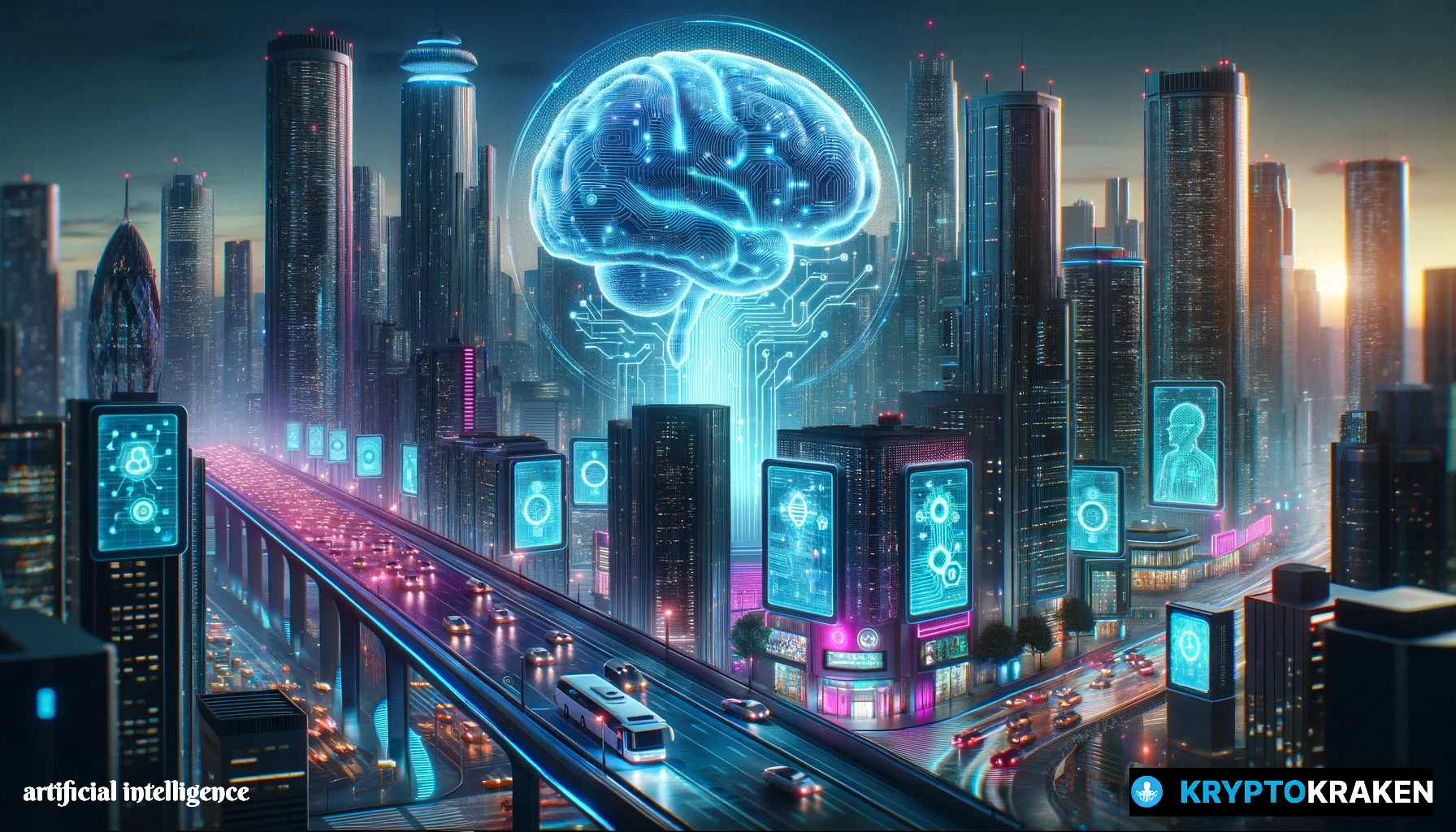
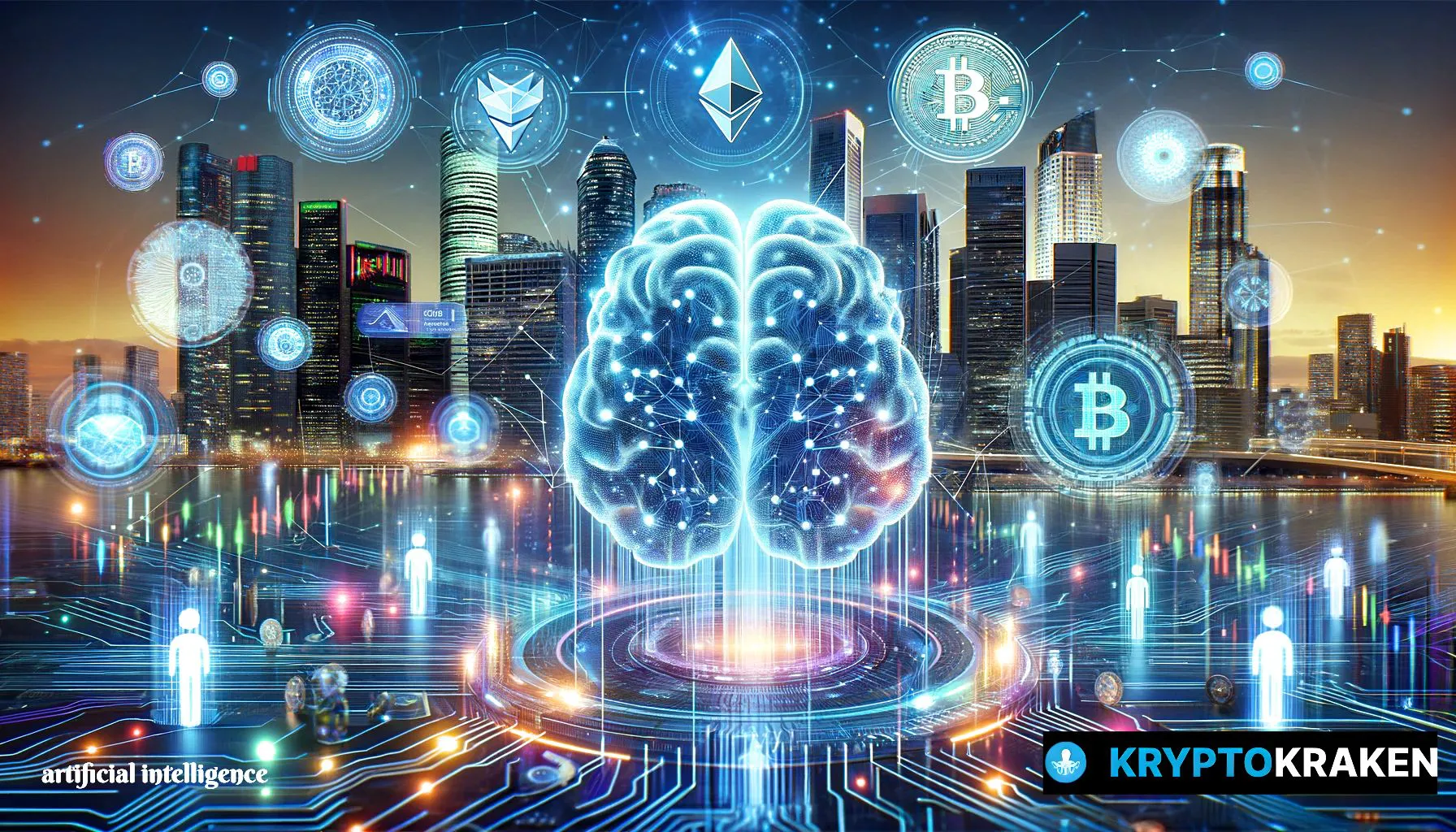
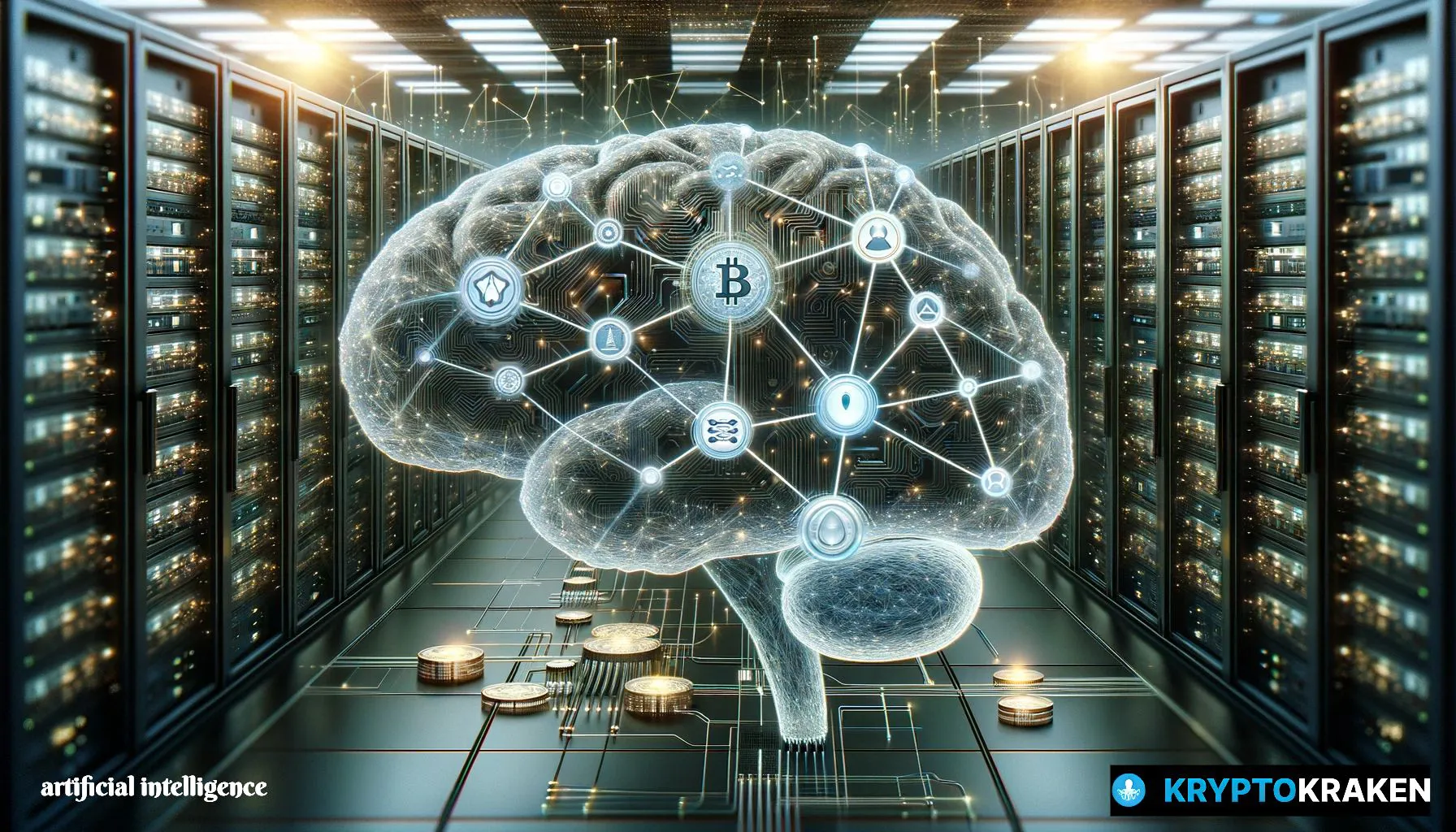










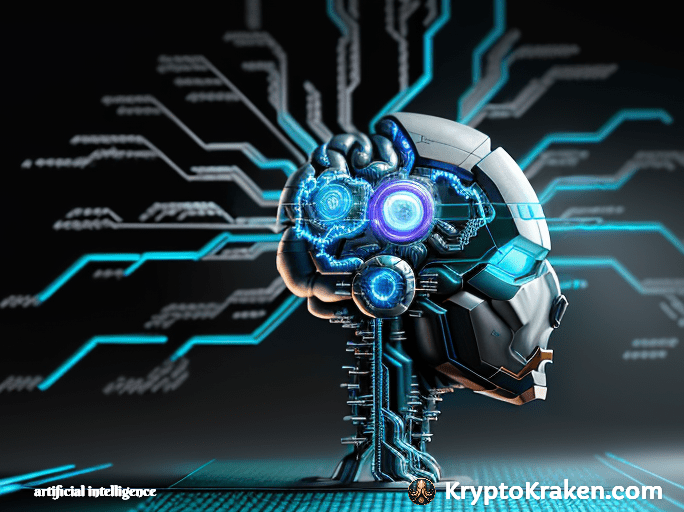
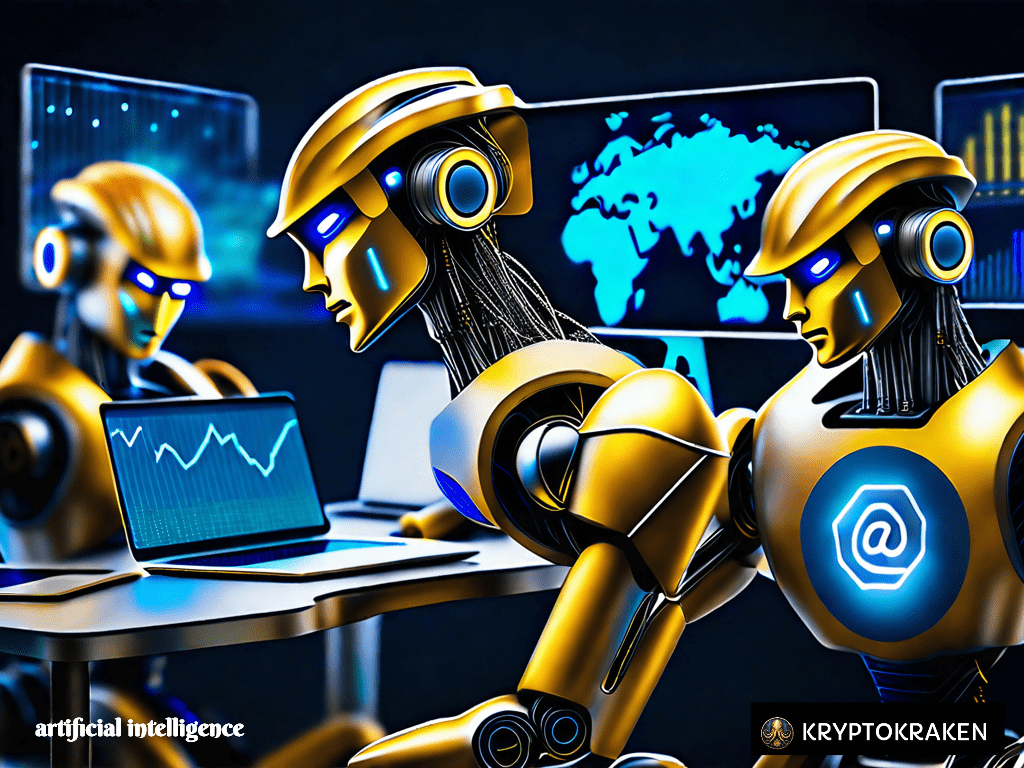
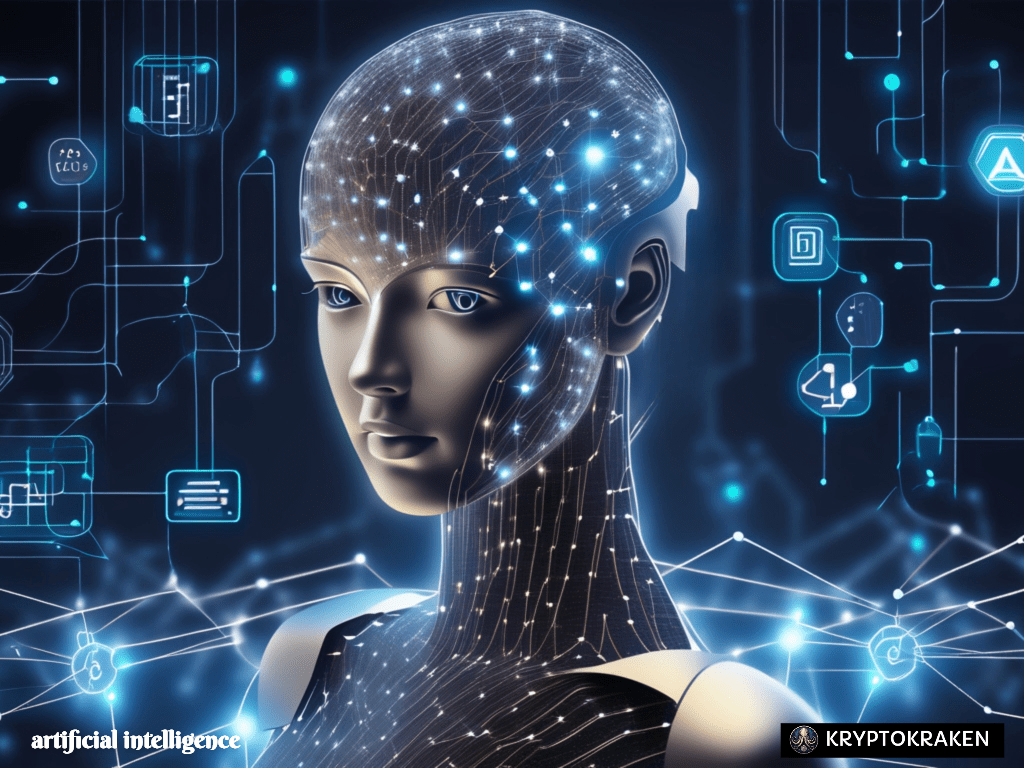





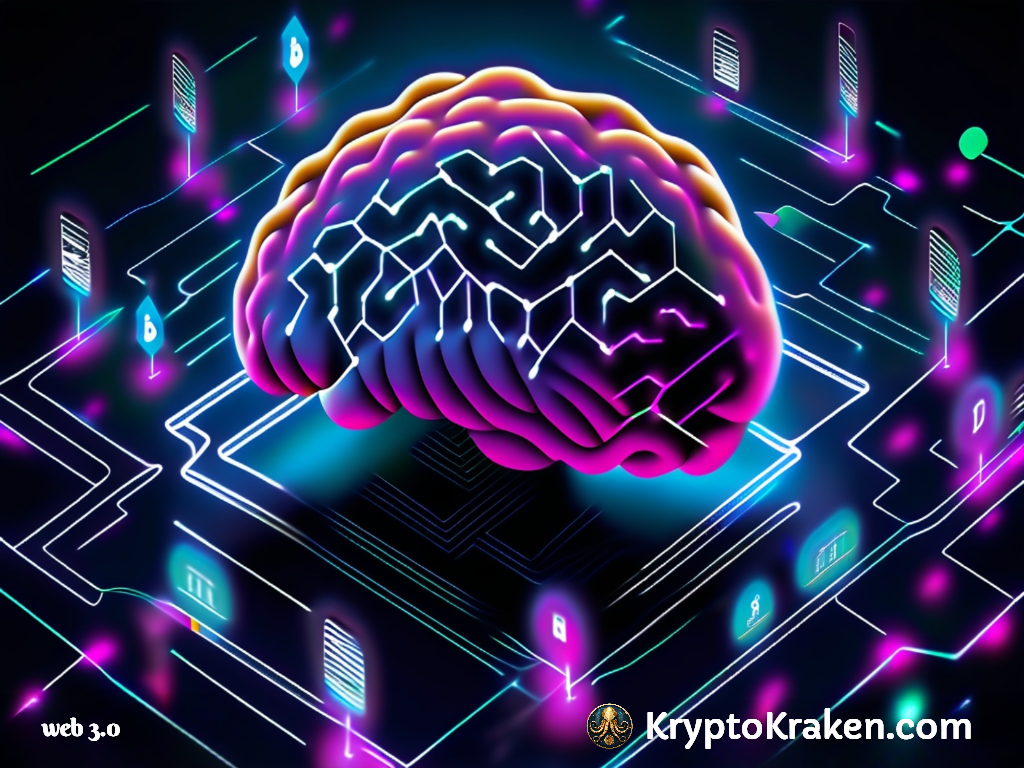

















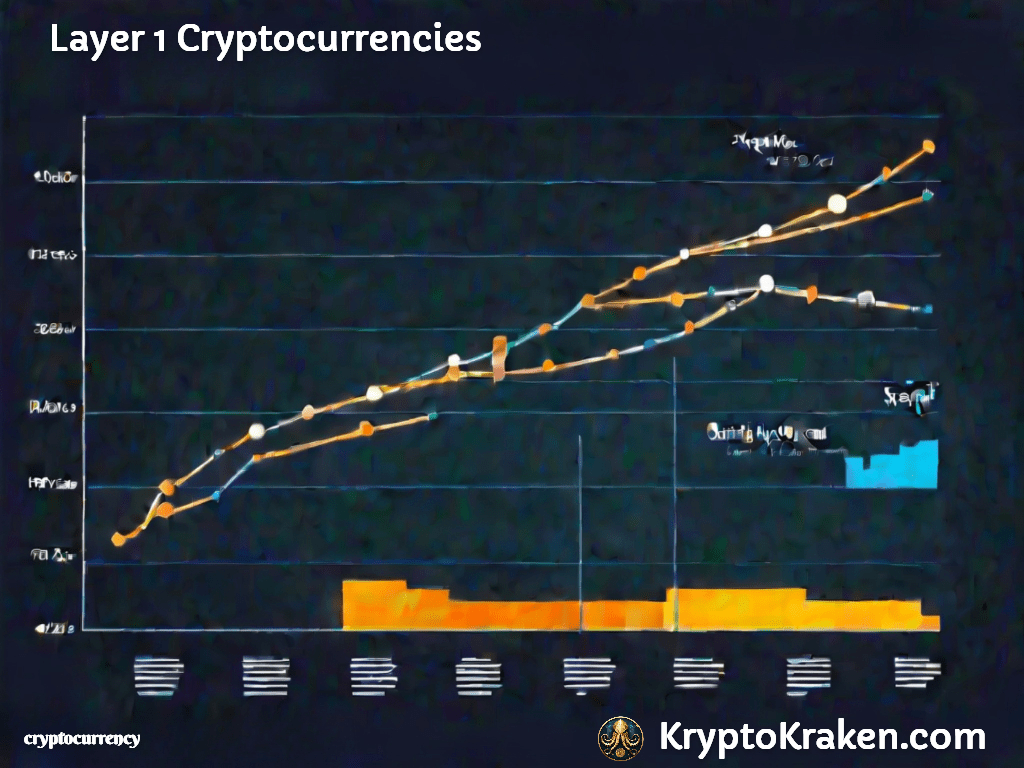


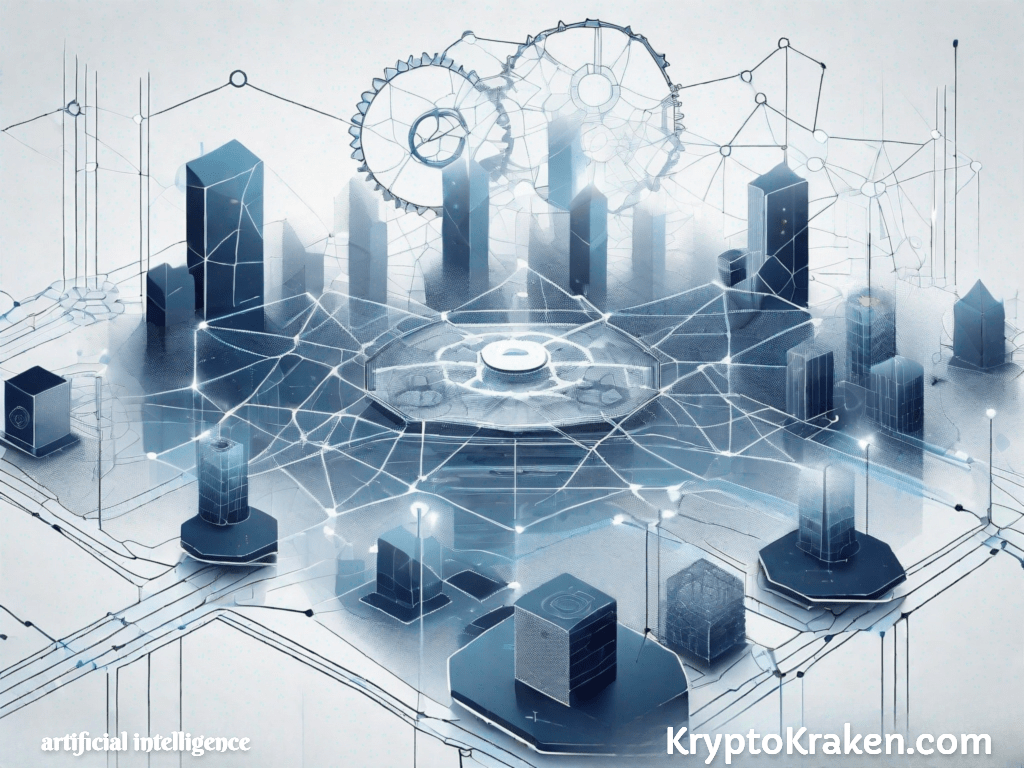

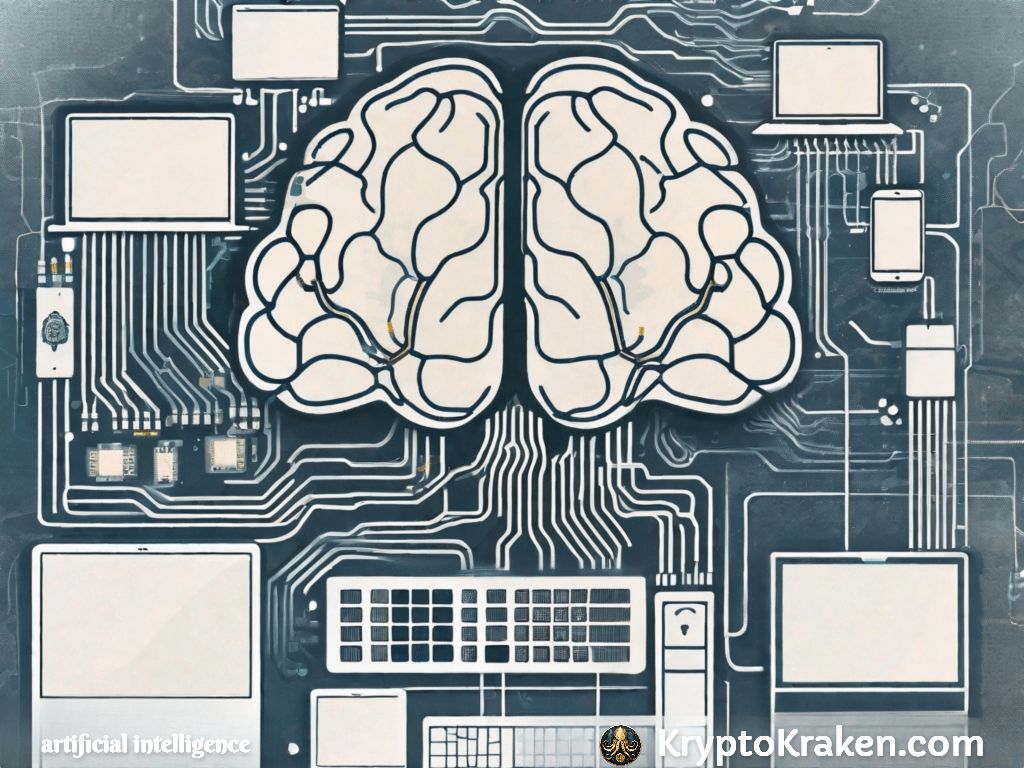












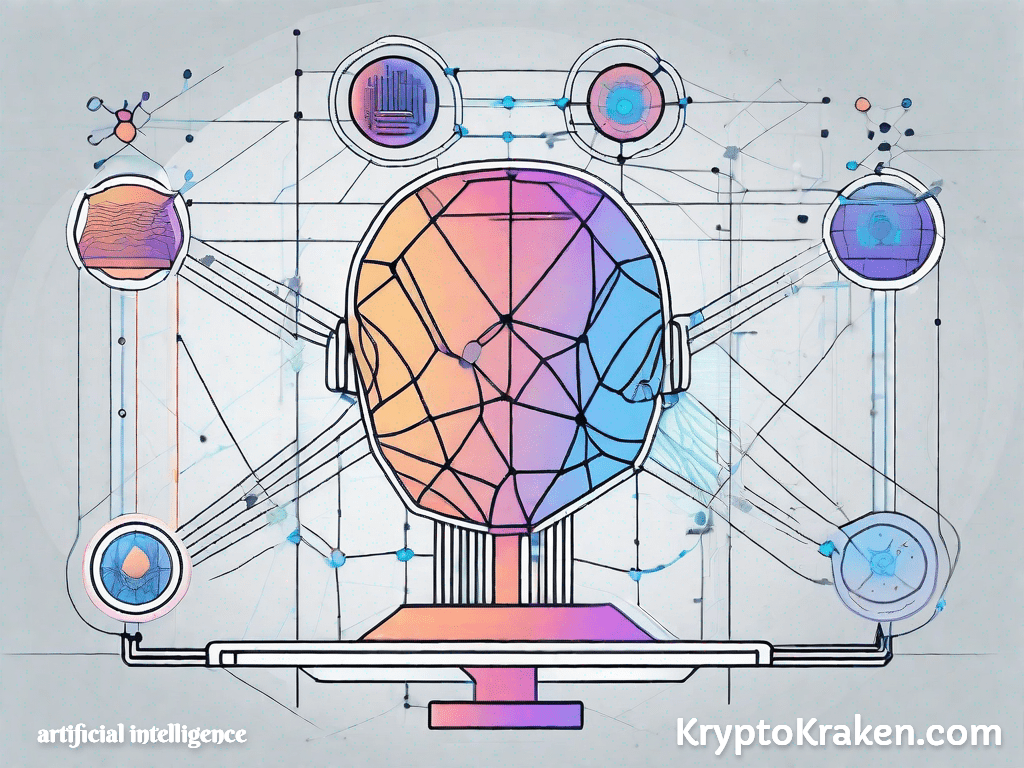

















6 comments on “Applications of Artificial Intelligence in Cryptocurrency”